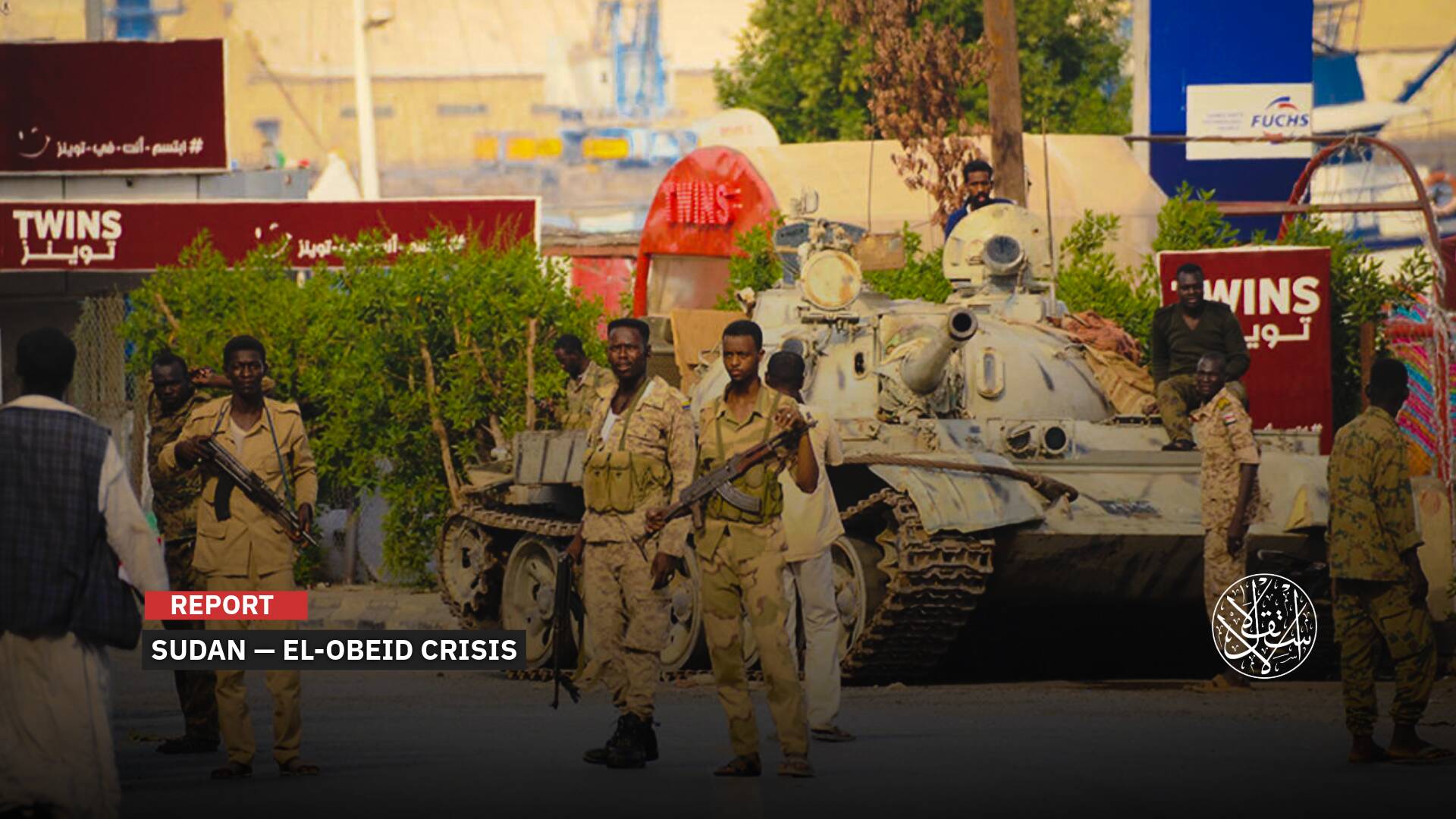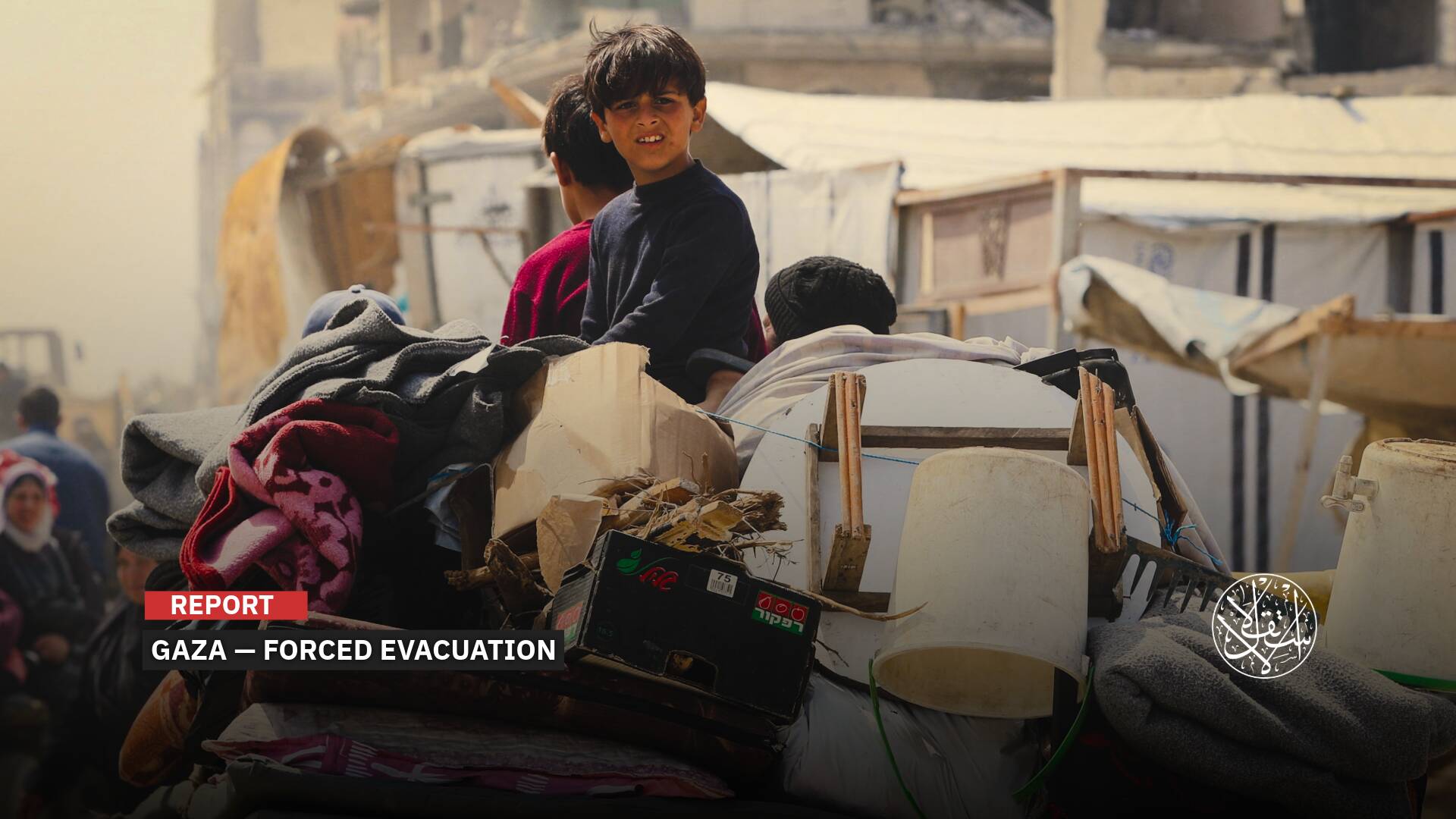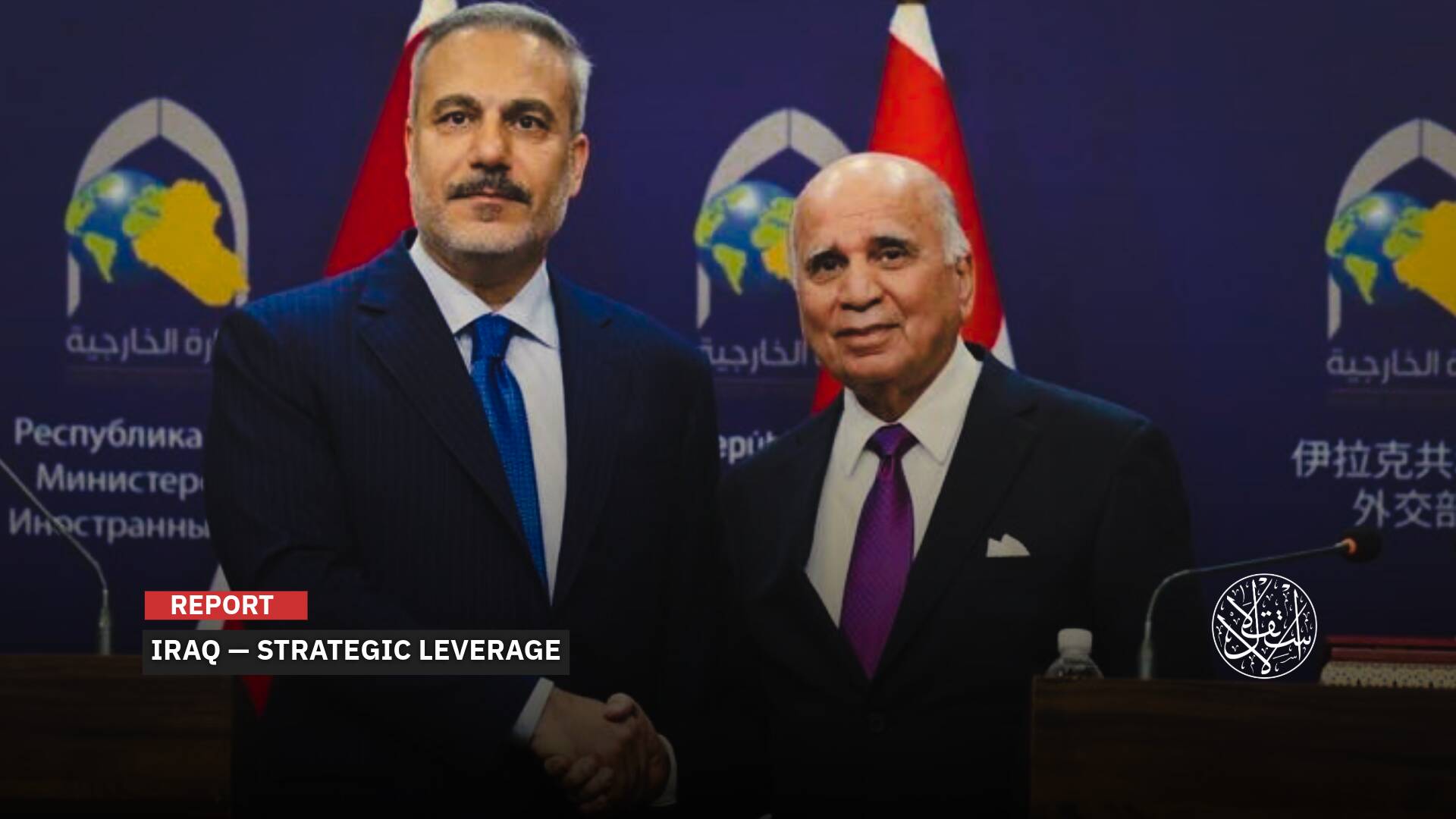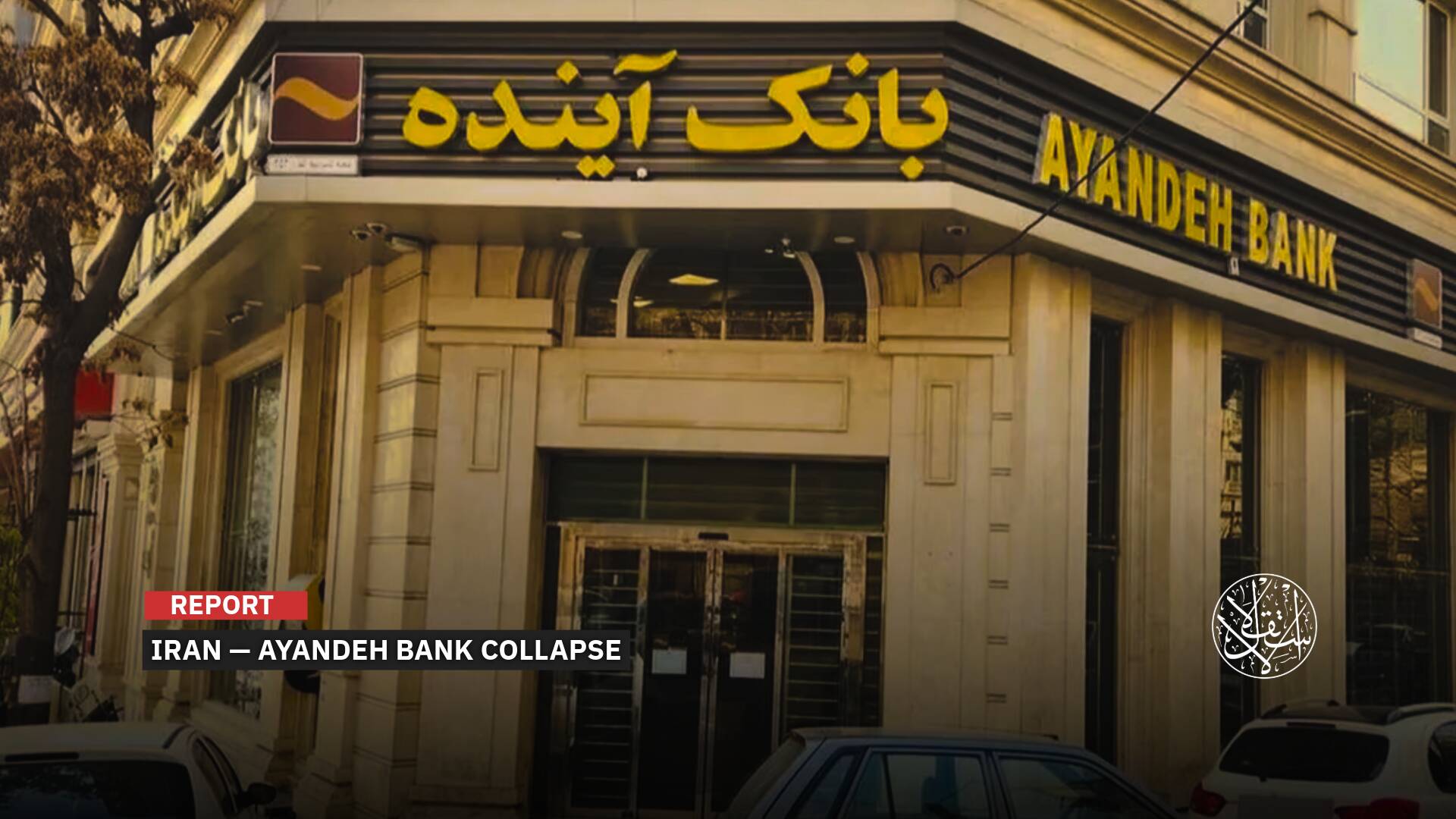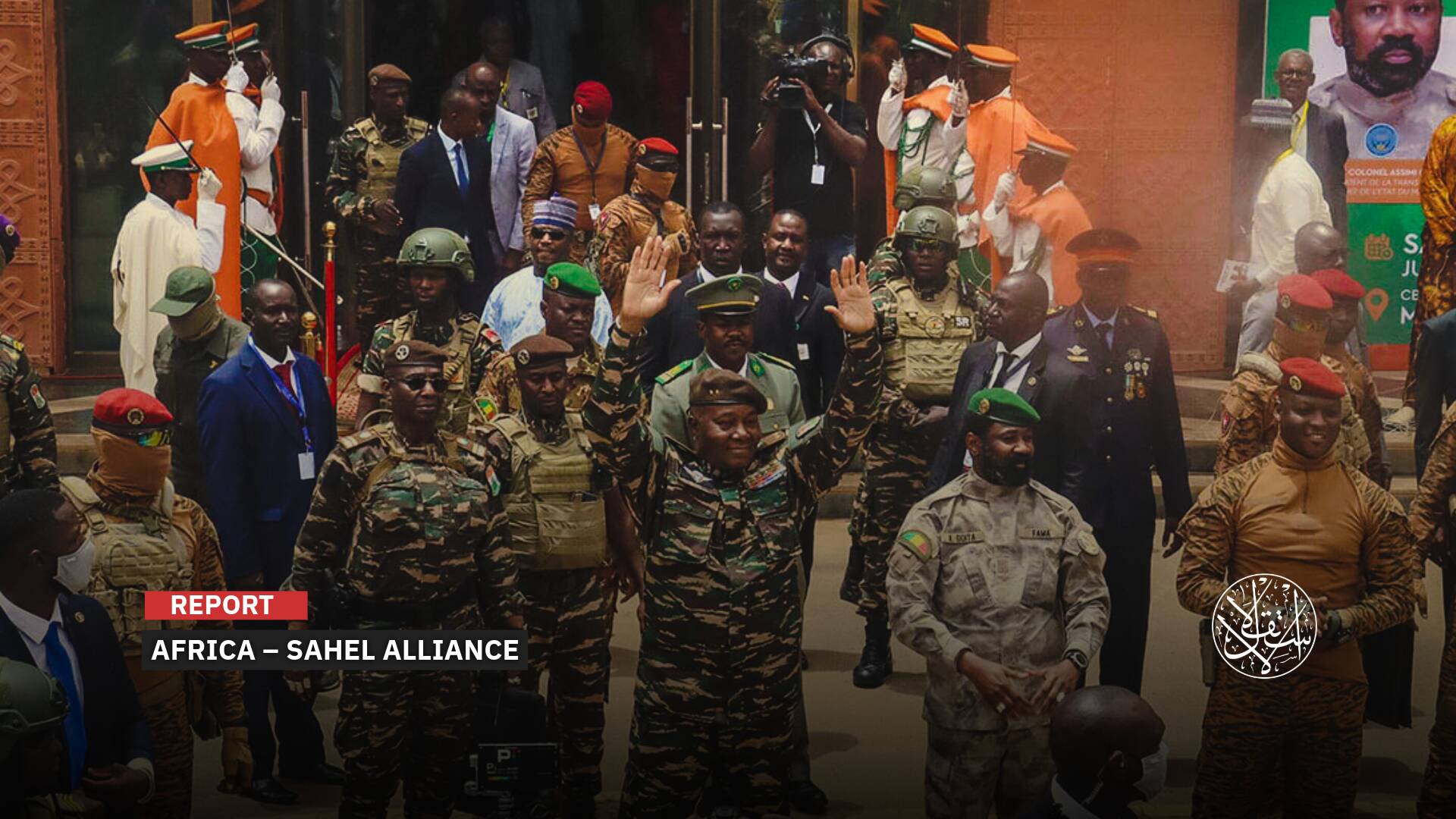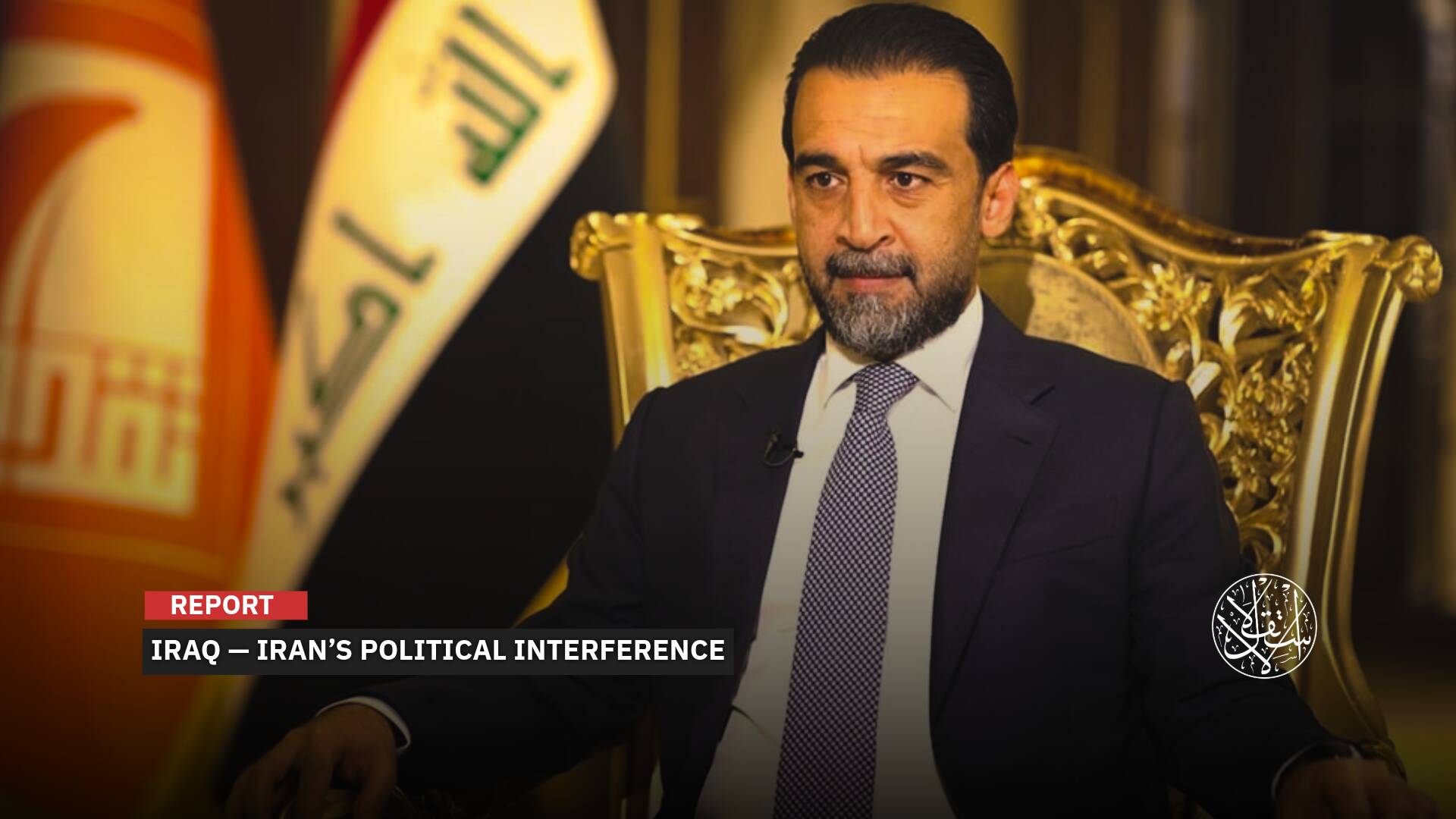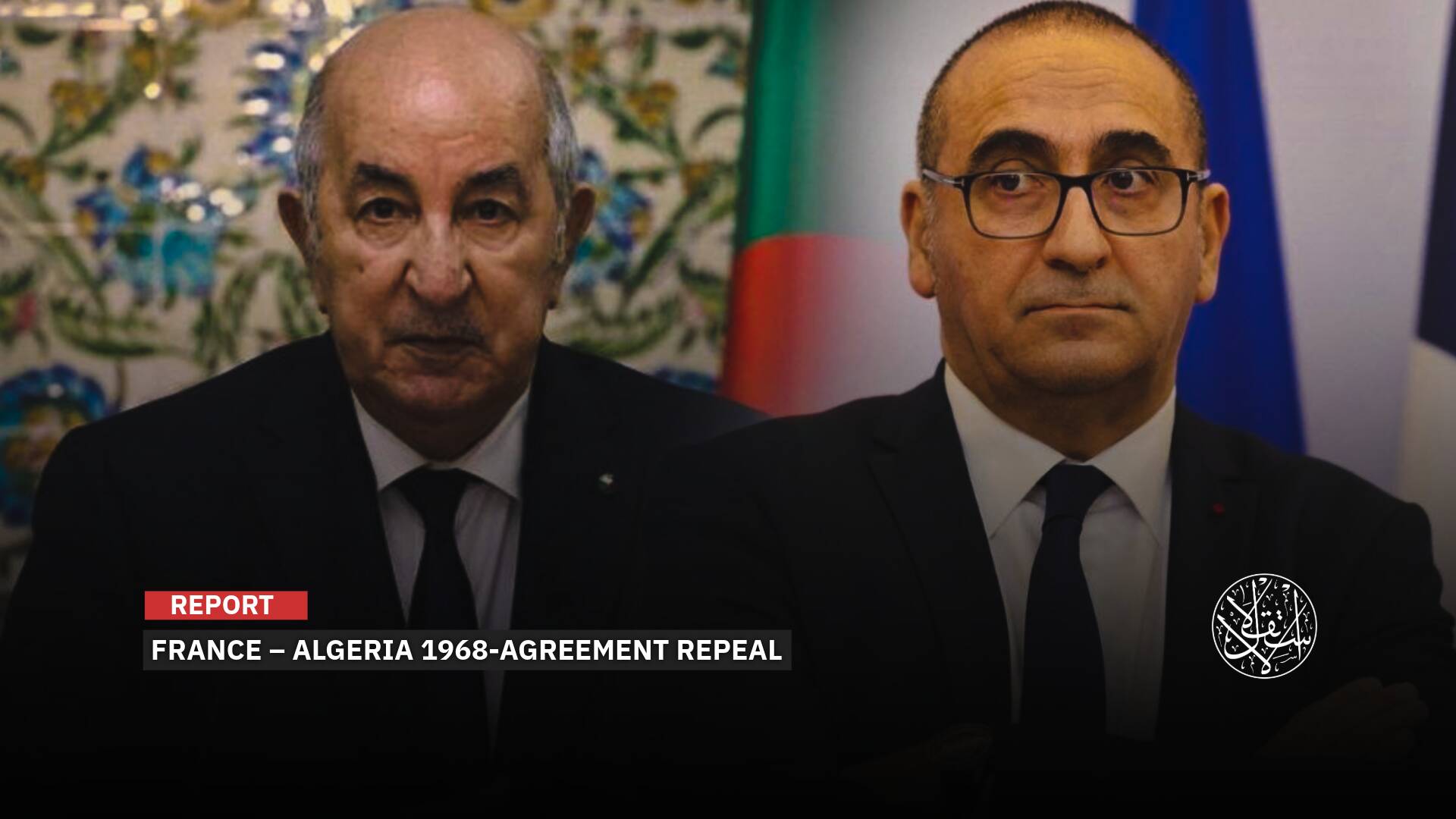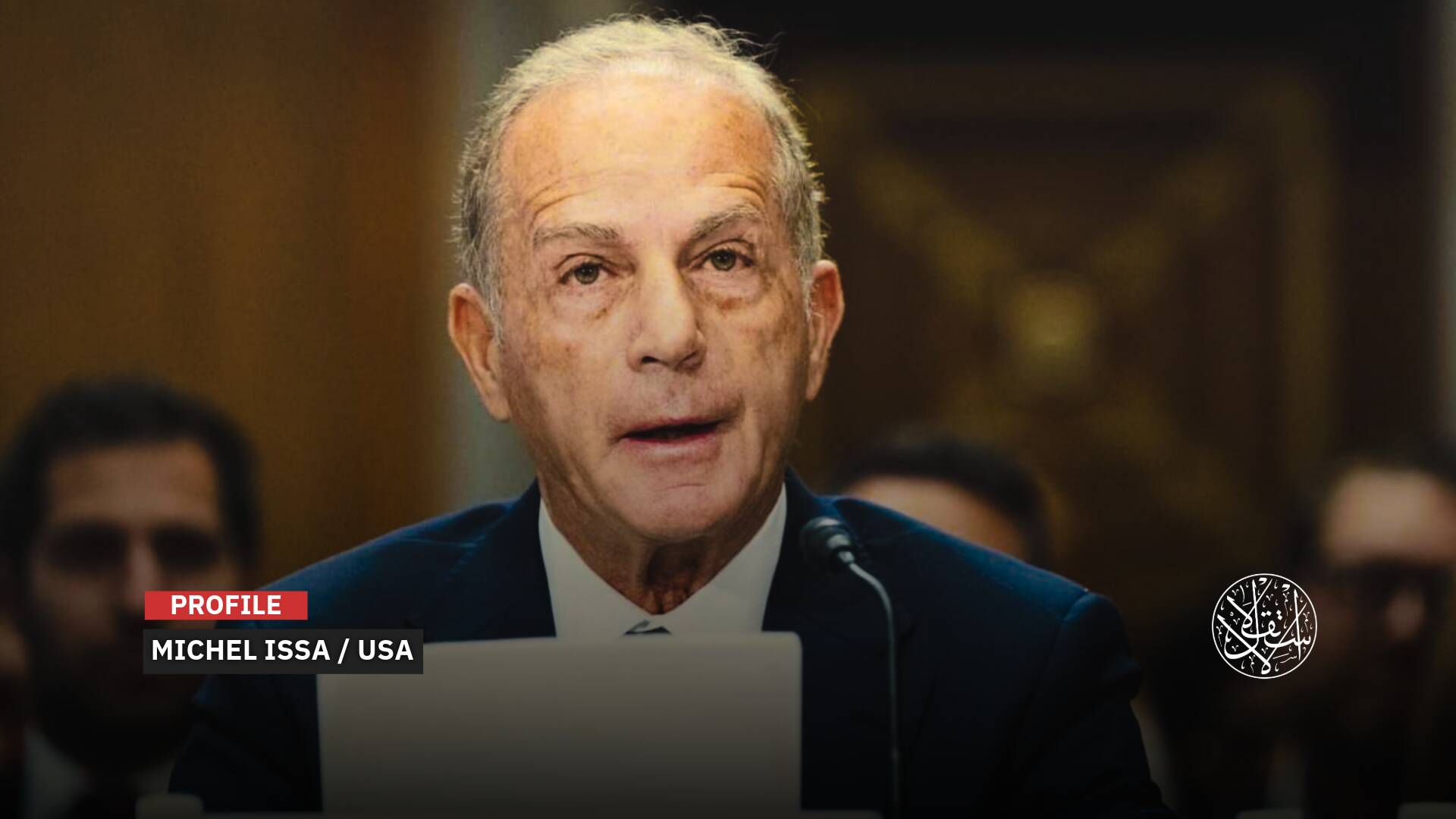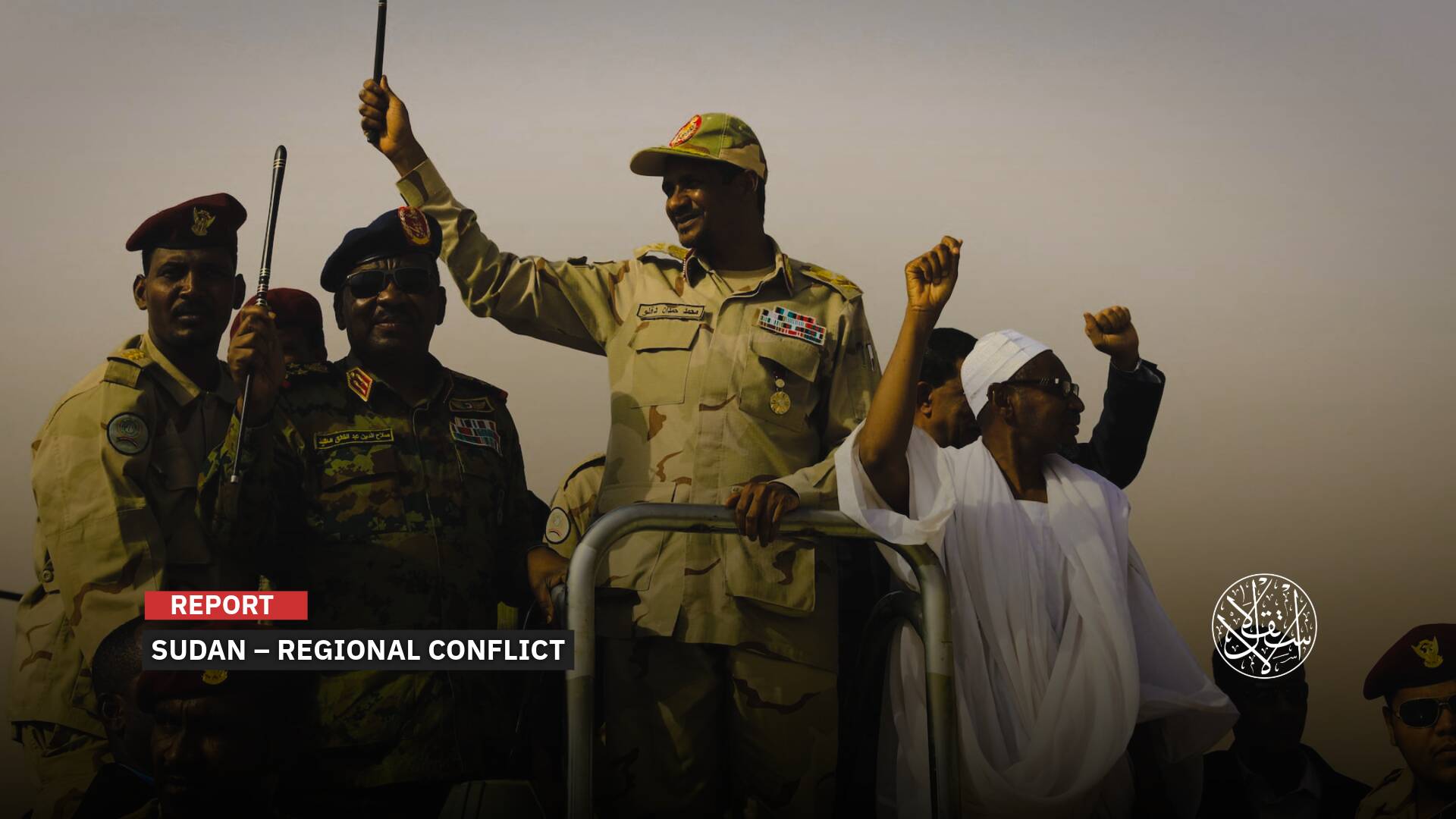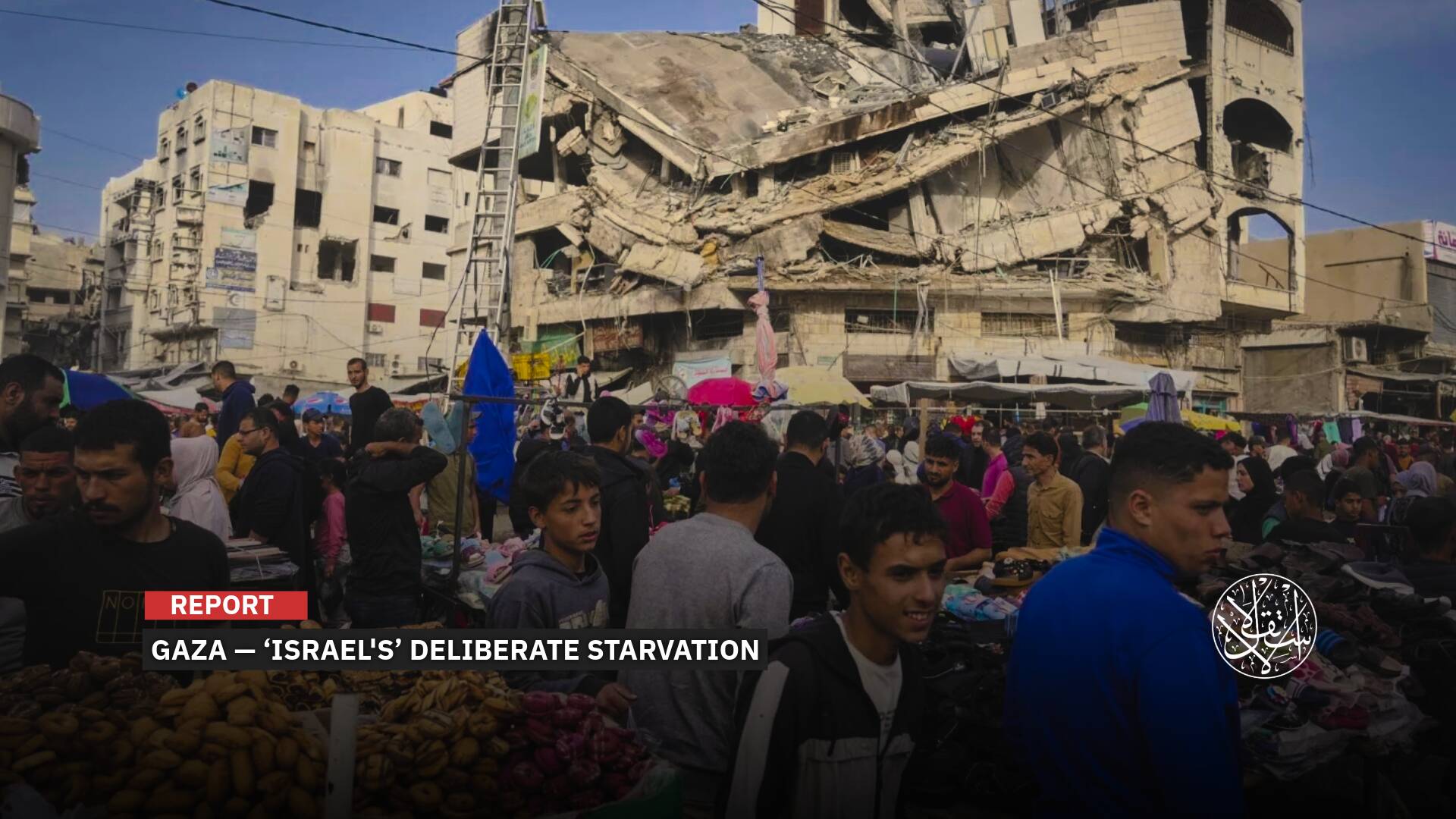Evil Brings Them Together – Why Does Macron Prefer an Alliance With Bin Zayed More Than el-Sisi and Bin Salman?

Escalating relations between French President Emmanuel Macron and the Crown Prince of Abu Dhabi, the de facto ruler of the UAE, Mohammed bin Zayed, after they were brought together by common visions, notoriety and their war on Islam.
The close rapprochement between them drew the attention of the British newspaper, The Independent, which explicitly published its question in a report published on February 8, 2022, which said: “Why is the UAE the right place for Macron and France?”
In the region, the French president constitutes what observers consider an evil square, as he cooperates with the head of the Egyptian regime, Abdel Fattah el-Sisi, and the Saudi Crown Prince, Mohammed bin Salman, in addition to Bin Zayed, who is favored by Macron, which raises many questions, especially with regard to the reasons for this, and their points of agreement.
Macron's Plan
In response to the question it posed, The Independent said: “Far from limiting the so-called bold diplomacy to countries that are historically and geographically linked to France, Macron has been preoccupied with strengthening his country's relations with countries such as the UAE, with which it has had bilateral relations dating back more than a decade.
“Macron is trying, through these relations, to distinguish himself from his European counterparts, as he did by assuming almost impossible tasks in the Libyan civil war, for example,” it added.
France had allied itself with the UAE and Egypt during the Libyan civil war to enable the revolutionary General Khalifa Haftar to control that oil-rich country.
But those efforts failed after Haftar was crushed and forced to withdraw from the gates of the Libyan capital, Tripoli, with Turkey’s intervention and its support for the forces of the former internationally recognized Government of National Accord.
“Macron recently expressed his country's readiness to provide military support to the UAE, and its intention to strengthen the UAE air defense system after several attacks with ballistic missiles and drones targeting the depths of the country, which was adopted by the Iranian-backed Yemeni Houthis,” the Independent indicated.
On the reason for this, the newspaper attributed that France believes that the Gulf region will become more important in the next decade than ever before, as the Gulf's importance rises, Washington's commitment is likely to wane, which in turn could lead to a strategic void.
“Macron would continue to single-handedly push for a close relationship with Abu Dhabi, through military support, arms sales and cultural exchanges, in addition to the presence of more than 600 French companies operating in the UAE,” it said.

Strong Relationship
The exciting relationship of the two sides was clearly demonstrated on September 15, 2021, when Macron received Bin Zayed in Paris in a busier manner, and had a working dinner with him at the Palace of Fontainebleau, south of the capital, in order to discuss the strategic partnership between the two countries and all regional issues.
However, the manner of reception and meeting prompted French media to question the secret of the relationship between the UAE and France, and Macron's interest in Bin Zayed in particular.
On December 3, 2021, this time Macron visited Abu Dhabi, during the visit, he signed an agreement with Bin Zayed to purchase 80 Rafale combat aircraft and 12 Caracal helicopters, in addition to other lethal weapons.
French Armed Forces Minister Florence Parly described the deal at the time as a historic contract worth millions of euros.
As a result, international human rights organizations criticized Macron’s conclusion of military deals with the UAE, which is involved in bloody armed conflicts in several countries in the region, as well as its black human rights record inside the country.
The organizations, led by Human Rights Watch, stated that the weapons supplied by Paris to Abu Dhabi are used in illegal attacks and war crimes in Yemen and Libya, these are conflicts that the UAE has been accused of being involved in through local agents within these countries.
The human rights organizations confirmed that “France is moving forward with these sales despite the fact that the UAE plays a leading role in the brutal Saudi-led military operations in Yemen.”

Bloody Partnership
On its part, the French investigative website, Disclose, stated that “Paris has delivered tens of thousands of bombs to the UAE and Saudi Arabia despite knowing that they will be used in the aggression against Yemen.”
The website quoted secret defense documents two months ago that “the French government had allowed the delivery of about 150,000 shells to the UAE.”
It is also remarkable that “Bin Zayed was at the head of the regimes supporting Macron, and he announced his support for him in October 2020 in response to a campaign in the Muslim world to boycott Paris economically, against the background of Macron’s statements insulting Islam and the Prophet Muhammad (peace be upon him).
At the time, the Crown Prince of Abu Dhabi announced his full support for the French economy against the systematic war led by the global Muslim Brotherhood, boycotting French products, according to his claim.
Therefore, it was not surprising what Macron said about Bin Zayed on September 16, 2021, and it was reported by the French newspaper Le Point.
The newspaper explained that “Macron considers Bin Zayed a model for the modern Arab ruler, ignoring the record of the black Emirati prince in human rights files inside his country or the regional wars in Yemen and Libya.”

Different Dimensions
The political researcher specializing in the affairs of Muslim communities and minorities, residing in France, Mr. Khaled Razzaq, saw that “the Macron administration aimed from the beginning to increase the French role and influence at the international level, especially in the Middle East, as well as restoring its ancient depth in Central and West Africa.”
Mr. Razzaq explained to Al-Estiklal that “wherefore (France, led by Macron) framed a map of relations with regional leaders such as Mohammed bin Salman, Abdel Fattah el-Sisi, and finally Mohammed bin Zayed.”
“The matter has different dimensions, and it is not possible to rule out the decline of France's hegemony and its share of global arms sales, as happened in Australia, for example, which retracted the purchase of French submarines, which was a severe blow to the French arms industry, and to the reputation of Paris; this prompted France to aggressively enter other markets and increase its share there,” he added.
“There is nothing better than the Gulf to fill this void, especially the UAE, which is involved in conflicts within Yemen and in the Libyan civil war,” Mr. Razzaq said.

“The second dimension is France's quest to play a balanced role in leading the European Union after years of backsliding against Germany, a matter that complicated the Elysee for many decades,” he added.
The researcher residing in France pointed out that “Macron believes that perhaps the moment is ripe to achieve balance in light of the intertwined regional situation, which is being reshaped according to the map of conflicts.”
“Since the Middle East is a primary key and intersects with many files such as the Syrian conflict, the Yemeni crisis and the Libyan war, likewise, the conflict in the eastern Mediterranean is not far from the conflict in Africa and Central Asia; therefore, Macron has firmly resolved to set a firm foot there, and open the doors wide to the leaders of the region, each according to their importance and strength,” Mr. Razzaq adds.
“There is no doubt that Bin Zayed is one of the most important allies that Macron can rely on and trust, for his role in many conflicts and military coups that took place during the past years,” he stressed.
Sources
- Why the UAE is the place to be for Macron and France?
- Macron receives bin Zayed: What is the secret of the relationship between the Emirates and France? [Arabic]
- Macron in the Gulf: Political and economic goals and an eye on Iran's markets through the UAE [Arabic]
- Bin Zayed and Macron affirm the strengthening of the strategic partnership between the UAE and France [Arabic]


